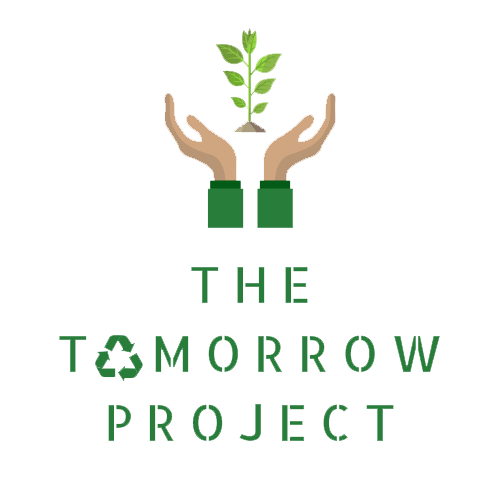Climate Change Threatens Global Food Security
On a long table sits a large crockpot full of creamy mashed potatoes, your aunt’s famous cranberry sauce, a basket brimming with steaming rolls, and a crispy brown turkey at the center of it all. November marks a time of thanks where many American families gather together and share a meal like this one. Yet, across the world, the changing climate is impacting every aspect of the food system from production to transportation to storage which in turn is taking a large toll on food security.
Natural disasters challenge agricultural production every year and as floods, droughts, wildfires, and hurricanes worsen, the results are more and more drastic. According to the FAO, 17% of damages and 31% of losses from weather-related disasters impact agriculture directly. This includes the destruction of agriculture infrastructure, loss of harvest and livestock, and the contamination of water bodies. Agricultural production is central to food availability - a core part of food security.
An inability to access safe and nutritious food plays a large factor in food insecurity. Droughts, floods, and hurricanes are responsible for delaying food transportation all over the globe. Damaged roadways, railways, and runways from these weather related disasters contribute to stalled food transportation. This then increases the risk for spoilage and contamination, threatening the safety of those set to consume this food.
The storage of food is also greatly impacted by worsening natural disasters including snow storms, floods, and tornadoes which can cut off water and food supplies. Large power outages can lead to a breakdown in food quality control as everything from refrigerators to storage facilities can be affected.
All these challenges to the food supply chain brought about by climate change can hinder the producers’ ability to operate at the necessary standards and efficiency posing a large threat to food security everywhere.
Call to Action!! Sharing information with your family and community about the intersection between food security and climate change is a great step towards sparking meaningful conversations around this topic. Hosting food drives periodically throughout the school year or through another organization you may be a part of is a great way to help those already affected by food insecurity. On top of this, doing your part to reduce your carbon footprint is part of the change we need to make sure that the Thanksgiving meal we are all dreaming about at this point in the year remains and even becomes a reality for citizens everywhere.
Sources:
http://www.fao.org/3/a-i6486e.pdf
https://blogs.ei.columbia.edu/2018/07/25/climate-change-food-agriculture/
https://log10.com/natural-disasters-impact-food-quality/
